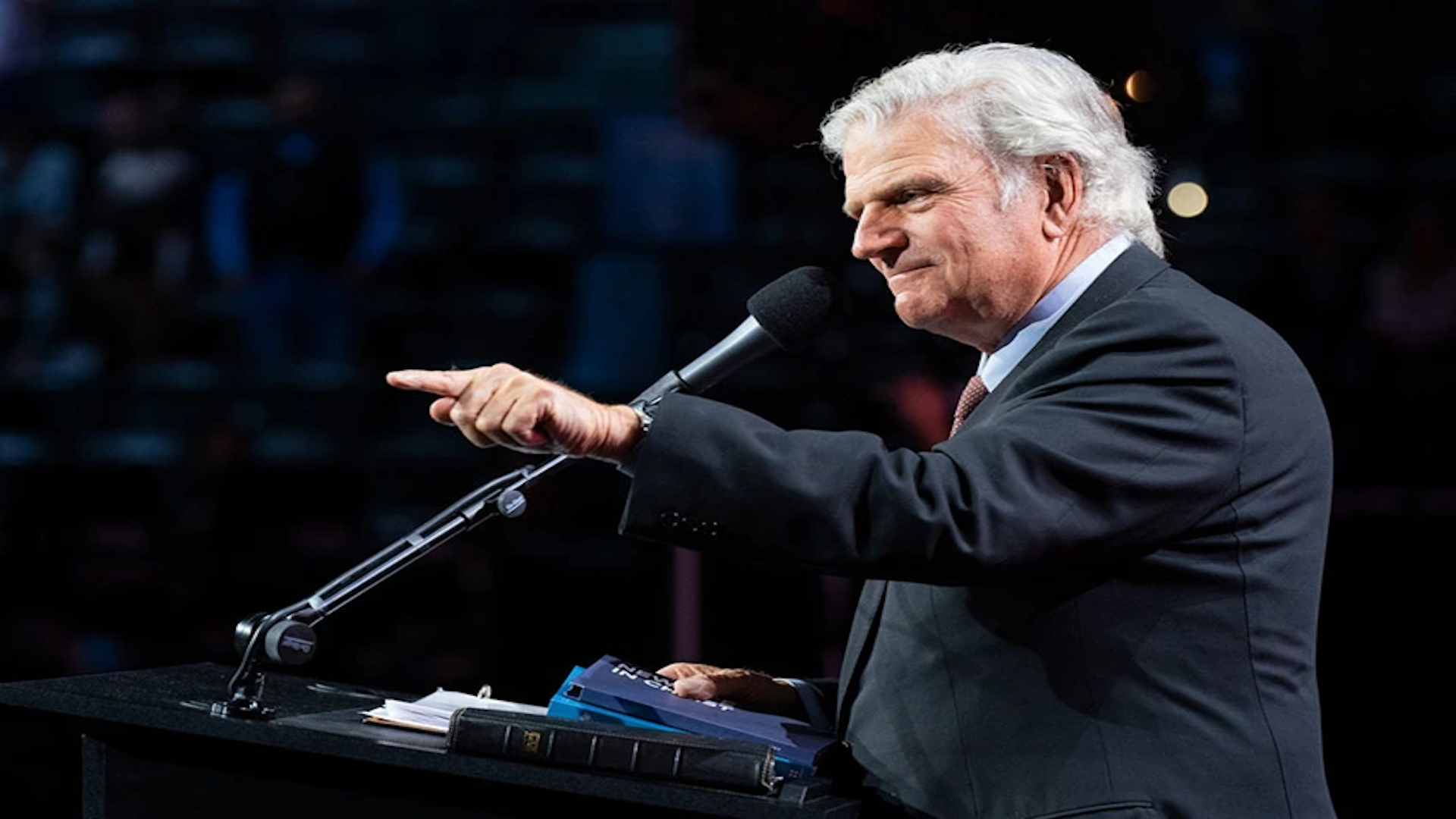The Silent Shift: What the Church Must See Before It’s Too Late
For centuries, church steeples rose above the rooftops of the West, pointing heavenward, calling hearts to worship, and serving as silent reminders of a shared Christian heritage. Today, however, in city after city across Europe and North America, those steeples are being replaced. In their place rise minarets—symbols not of Christianity, but of Islam. This change in architecture is more than an aesthetic transformation. It is spiritual, cultural, and civilizational.
A recent report by the Pew Research Center confirms what many have sensed: Christianity is in decline, while Islam is growing rapidly. The implications are profound—not only for the future of faith in the West but also for the very moral and cultural foundations that have long supported liberty, law, and family life.
Christianity in Retreat, Islam on the Rise
In 2020, Christians made up about 28.8% of the world’s population, a slight decline from previous decades. Meanwhile, Islam increased to 25.6%, narrowing the gap with astonishing speed. The primary drivers are clear: Islam’s followers are younger, more devout, and have significantly higher birth rates. In contrast, Christianity is hemorrhaging members. For every convert who enters the fold, three leave.
Europe, once the heartbeat of Christian civilization, is witnessing a quiet yet powerful religious upheaval. Churches are closing at a rate of over 1,500 per year, sometimes more. In their place, mosques are rising—many housed in the very buildings that once proclaimed Christ crucified and risen. In British cities like London and Birmingham, and in French cities like Marseille and Lyon, the Islamic call to prayer now echoes where church bells once rang.
The trend is not isolated to one nation. Across Belgium, the Netherlands, and Germany, the same story unfolds. In Brussels, Islam has become the most practiced religion. The transformation is not simply religious; it is a shift in culture, identity, and values.
The American Crossroads
The United States, though more resilient than Europe in church attendance and public faith, is not exempt. Islam is the fastest-growing religion in America. Fueled by immigration, high birth rates, and conversions, Islam is projected to become the second-largest faith group by 2050.
Cities like Dearborn, Michigan, offer a glimpse into this new reality. There, Islamic cultural and religious influence is shaping local politics, education, and public life. Islamic schools flourish, Muslim candidates win elections, and accommodations for Islamic observance are written into public policy. The question is not whether Muslims have the right to practice their faith—they do—but what happens when that faith begins to shape the rules for everyone?
Islam’s Political Nature and Its Challenge to Christian Liberty
Islam is not merely a personal belief system; it is a comprehensive worldview. Sharia law—based on Islamic texts—governs nearly every area of life, from banking to family matters to criminal justice. When Islamic communities gain political strength, there is often a push to align public policy with Islamic principles. This presents a challenge for nations shaped by biblical values and democratic governance.
One key area of tension is the Muslim view of Israel. Many Muslims deny the legitimacy of the modern Jewish state, and this fuels activism across Western cities. Massive rallies in London, Paris, and elsewhere have featured openly anti-Semitic chants and support for violent resistance. Christians who support Israel or believe in God’s covenant with the Jewish people often find themselves demonized—or worse.
If the Middle East were to erupt into war involving Israel, Iran, and Hezbollah, the consequences would likely reach far beyond that region. Protests, unrest, and cultural clashes could unfold in Western cities. Churches that stand with Israel may face threats or vandalism. Christians who speak biblical truth may be accused of hate speech.
What the Polls Reveal
While not all Muslims embrace radicalism, polling data from Europe is sobering. In the UK, 23% of Muslims support implementing Sharia law within the country. Nearly 40% believe it should override British law. Among young Muslims, more than a third believe apostasy—leaving Islam—should be punishable by death. These are not fringe opinions; they are alarmingly mainstream within segments of the population.
A previous YouGov poll revealed that over 45% of British Muslims held anti-Semitic views. When such ideologies take hold in democratic societies, they shape policies, influence elections, and challenge the freedoms that Christians have long enjoyed. This is a time for clarity, not confusion. A time for courage, not compromise.
The Church Must Awaken
This is not a call to fear, but to faith. The presence of mosques where churches once stood is a signal: the hearts of the people have shifted. But it is not too late. The Gospel remains the hope of the world, and Christ is still building His Church. Yet the Church must rise—boldly, prayerfully, and without apology.
We are called not to retreat, but to proclaim. Not to hide, but to shine. This generation needs truth, not tolerance. It needs conviction, not compromise. Now is the time to raise up strong believers, rooted in Scripture, filled with love, and unafraid to speak. The harvest is plentiful. But the laborers must wake up.
Let us not sleep through this moment. Let us stand, speak, and shine—while there is still time.




